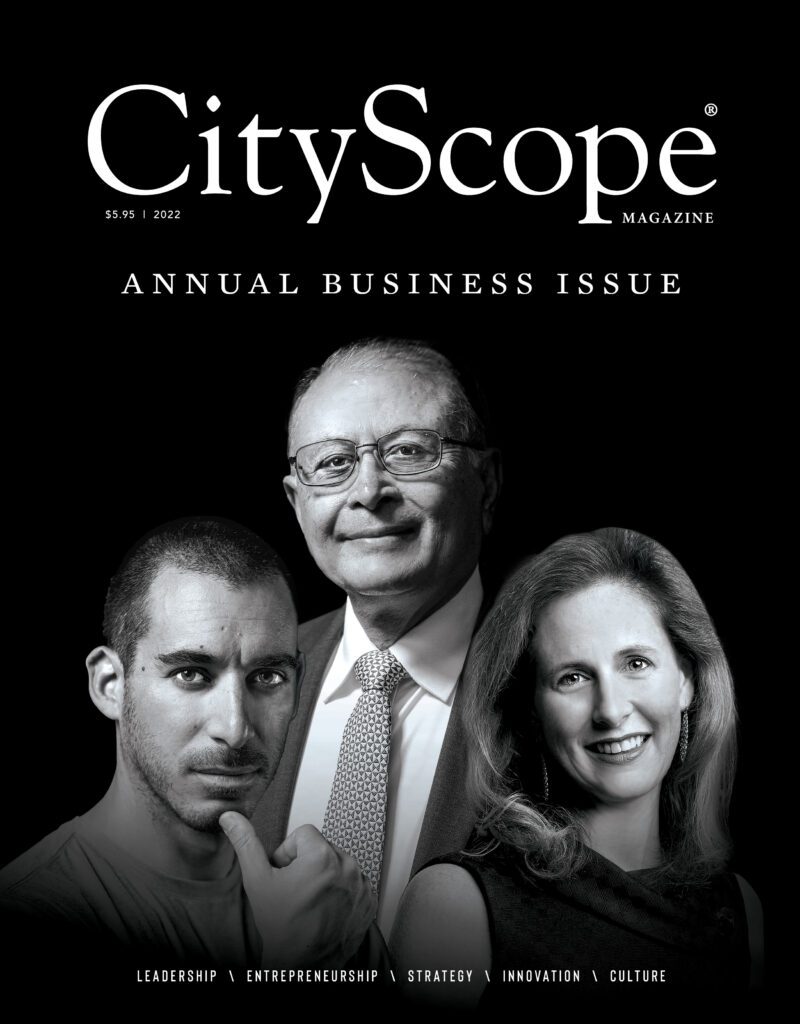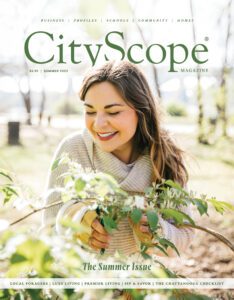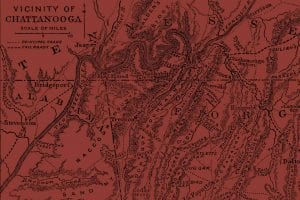A Taste of Tradition
Zarzour’s Café
Joe “Dixie” Fuller’s great-grandfather, Charles Abraham Zarzour, immigrated from Beirut through Ellis Island. He began his American Dream as a pack peddler in Alabama. “Imagine being Lebanese in the middle of rural Alabama, knowing very little English, and going farm-to-farm selling brushes and measuring cups,” says Dixie’s wife, Shannon Fuller.
Charles and his wife moved to Chattanooga for greater opportunities. He opened his first restaurant venture, a stand on the corner of Main and Market, where he sold peanut brittle and Coca-Colas. They put every penny earned into starting Zarzour’s Café on Chattanooga’s Southside in 1918.
The family business grew when Charles’ oldest daughter, Rose, and youngest son, George, ran the café from the 50s through the 70s. Menu staples included chili with hot dogs, beef stew, and mini burgers. Zarzour’s served beer too, but the neighboring landscape changed with the addition of a church. Laws prevented Rose’s niece, Shirley Zarzour Fuller, from renewing the license when she became owner.
Like many downtown businesses, Zarzour’s weathered trends toward malls and suburban living. “Back in the 50s, Main Street was buzzing,” says Shannon, Shirley’s daughter-in-law. “When I started working here, Shirley didn’t have a lot of business left. She said, ‘I have tried everything.’ I said, ‘You haven’t tried me.’”
In 1996, Shannon took a grassroots approach to attract customers. “I took business cards everywhere I went,” she says. “When I paid my power bill, I’d tell ‘em to come eat at our restaurant.”
Presently, Shannon holds the self-coined title “Chief Cook and Bottle Washer.” She also flips the burgers, expanded from minis to double-deckers. Husband Dixie churns out weekly batches of homemade ice cream: Heath bar in winter, peach in summer, and strawberry in spring and fall.
“We feel so blessed,” Shannon says. “This was our dream – to have a little restaurant where we knew all the customers by name.” And the patrons keep them going. “I’ve been here long enough to watch my friends’ kids grow up and start their own families. They bring their kids in here and that’s really neat.”
Looking back, “We haven’t changed much over the years,” Shannon says. “It’s a piece of Chattanooga history, it’s a piece of our history, it’s our home. It’s what we love.”






